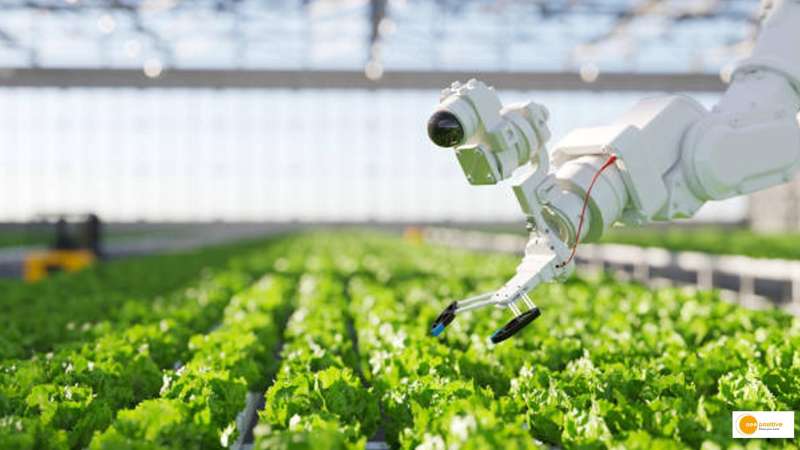

Agriculture is one of the most important industries in the world. It provides food for billions of people and plays a vital role in the global economy. However, agriculture is also a major contributor to climate change and environmental degradation.
In recent years, there has been a growing focus on developing new technologies that can help to make agriculture more sustainable and profitable. These technologies include:
1. Precision Agriculture
Precision agriculture leverages advanced sensors and data analytics to assist farmers in effectively managing their crops. By providing valuable insights, this technology enables farmers to increase yields while minimizing expenses. Through precise monitoring and targeted interventions, farmers can achieve higher productivity and resource efficiency.
2. Vertical Farming
Vertical farming presents a sustainable alternative by utilizing hydroponics and other technologies to grow crops vertically. This method requires less land and water compared to traditional farming practices. By maximizing space utilization and optimizing resource consumption, vertical farming holds the potential to address food production challenges in urban areas and minimize environmental impact.
3. Sustainable Livestock Farming
Sustainable livestock farming involves adopting practices such as rotational grazing and pasture-based feeding. These approaches help reduce greenhouse gas emissions and enhance animal welfare. By allowing animals to graze on diverse pastures and promoting natural behaviors, farmers can contribute to a more sustainable and ethical livestock industry.
Benefits of Technological Advancements in Agriculture
a) Increased Yields: New technologies enable farmers to enhance productivity even in resource-constrained regions, ensuring food security for a growing global population.
b) Reduced Costs: Innovative tools assist farmers in optimizing resource usages, such as water and fertilizers, leading to cost savings and improved efficiency.
c) Improved Sustainability: By implementing new technologies, farmers can reduce their environmental footprint, including greenhouse gas emissions, contributing to a more sustainable agricultural system.
d) Enhanced Profitability: Adoption of new technologies can boost farmers’ profits, enabling economic growth and improving livelihoods in rural communities.
Future Prospects: A Sustainable and Profitable Agricultural Landscape
While the utilization of these cutting-edge technologies is still in its nascent stages, their potential to revolutionize food production is immense. As ongoing research and development make these technologies more affordable and accessible, farmers worldwide will benefit. This will ensure equitable access to nutritious food while safeguarding the environment for future generations.
Conclusion
With new technologies at the forefront, agriculture is undergoing a transformative journey toward sustainability and profitability. Through precision agriculture, vertical farming, and sustainable livestock practices, farmers can optimize their operations, enhance productivity, and reduce their environmental impact. The ongoing advancements hold promise for a more resilient and prosperous agricultural sector, catering to the needs of a growing global population while preserving our precious natural resources.
Also Read: Sustainable Agriculture: Exploring Innovative Practices and Strategies for Long-Term Food Security


